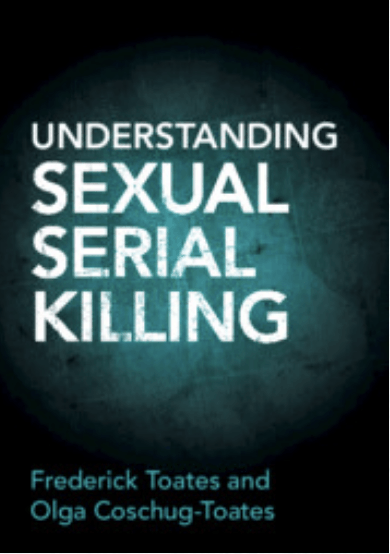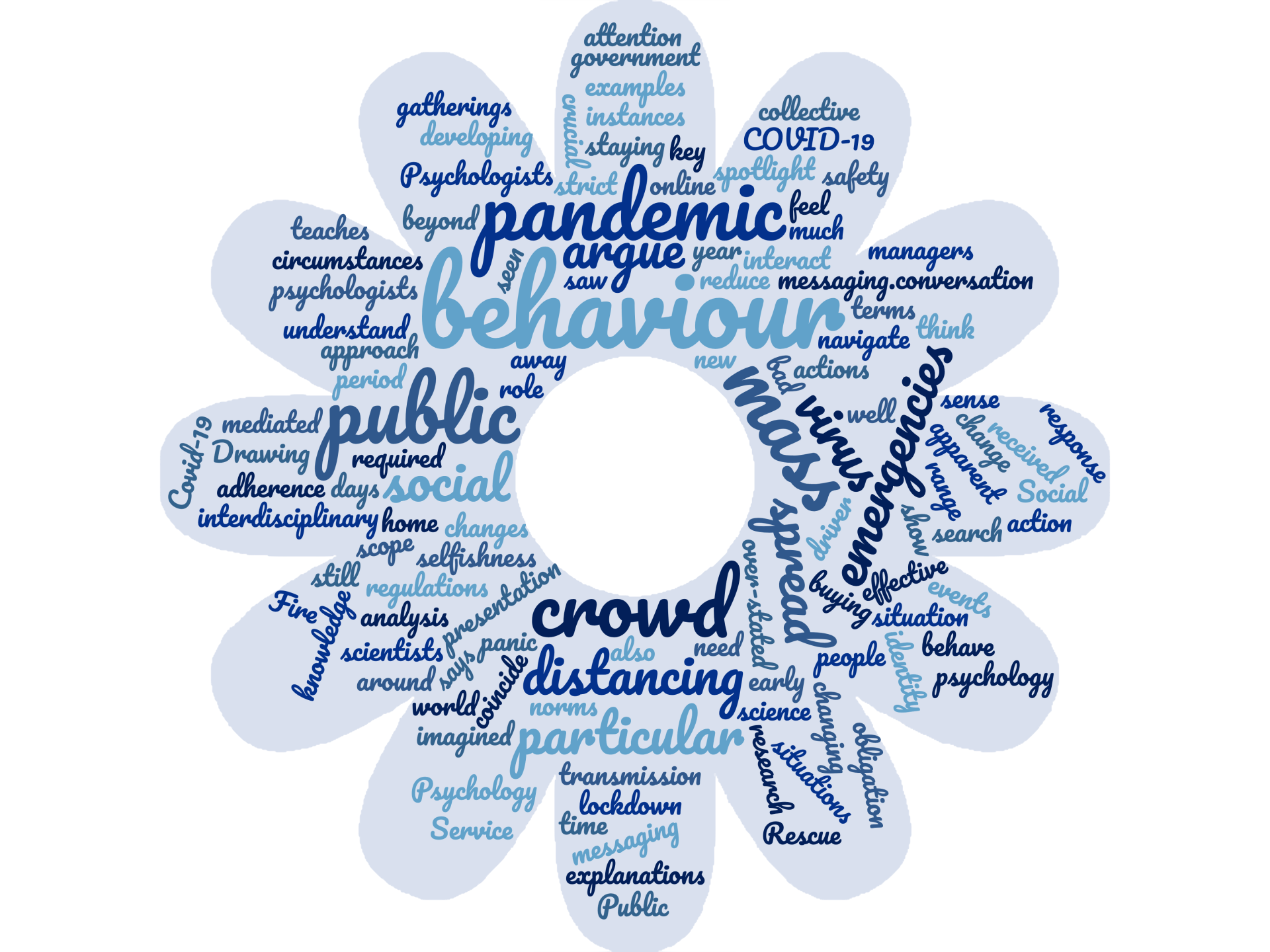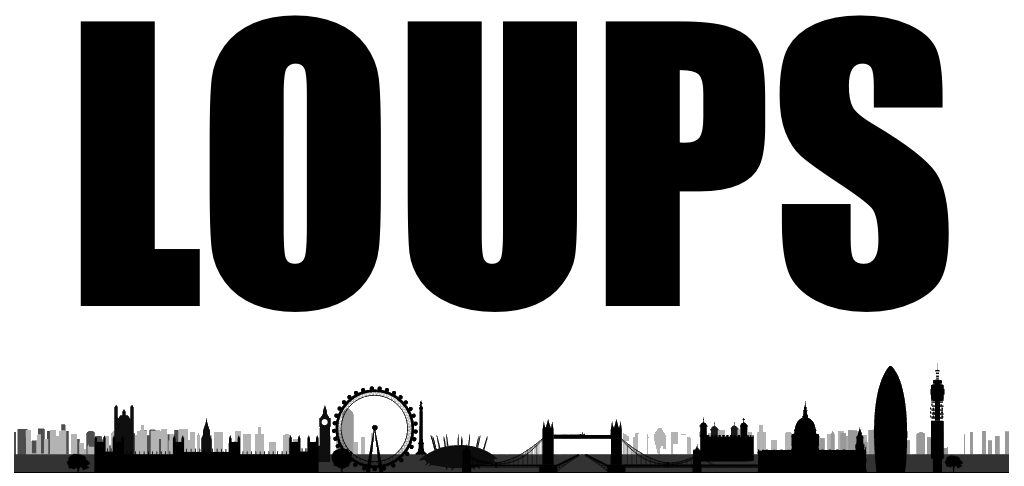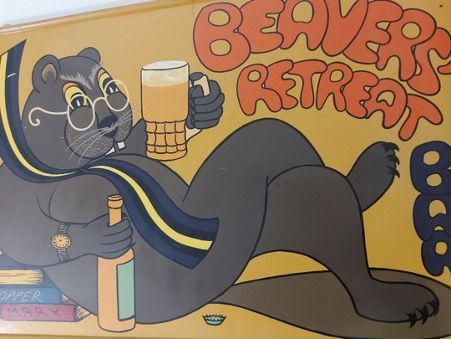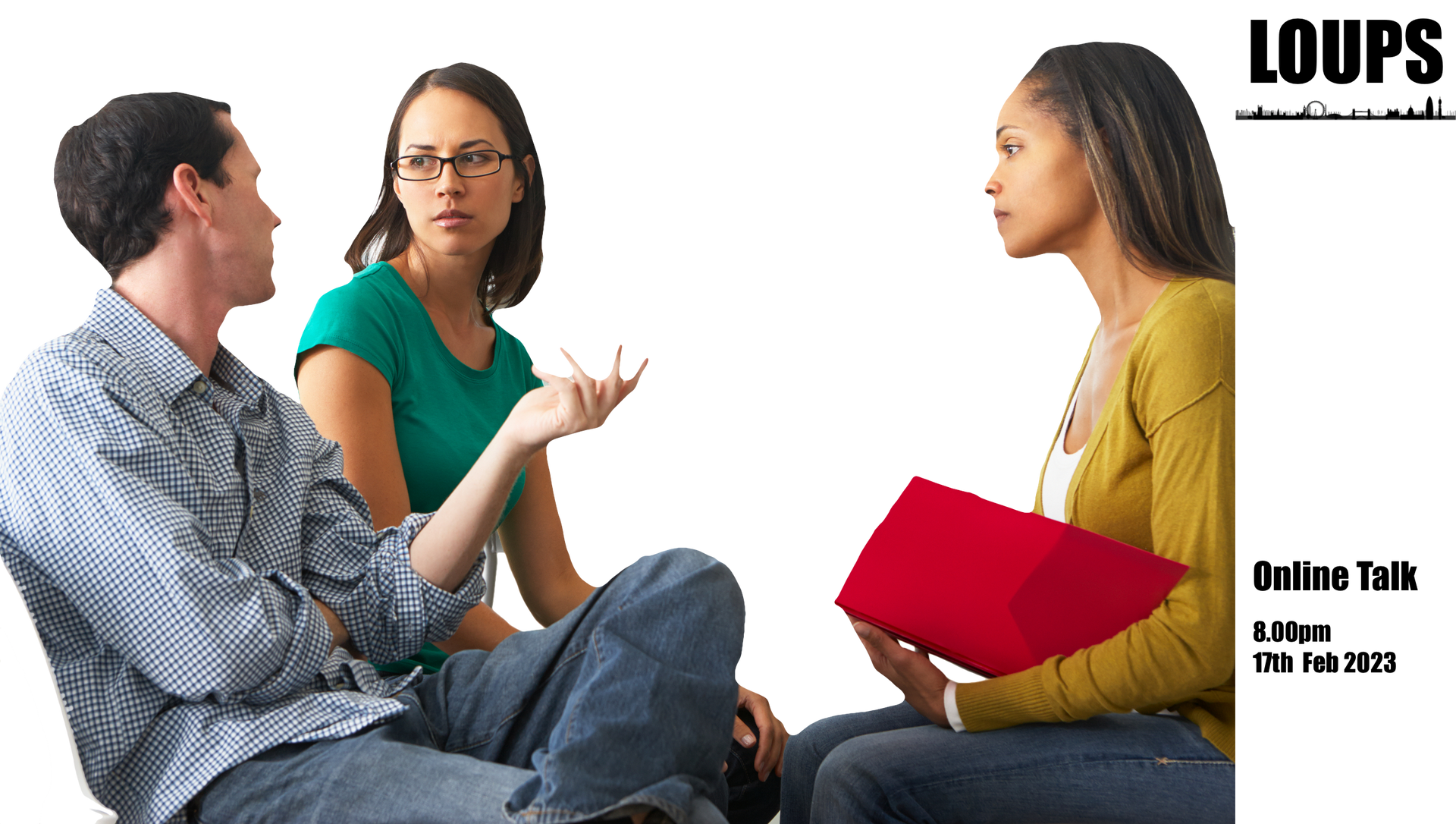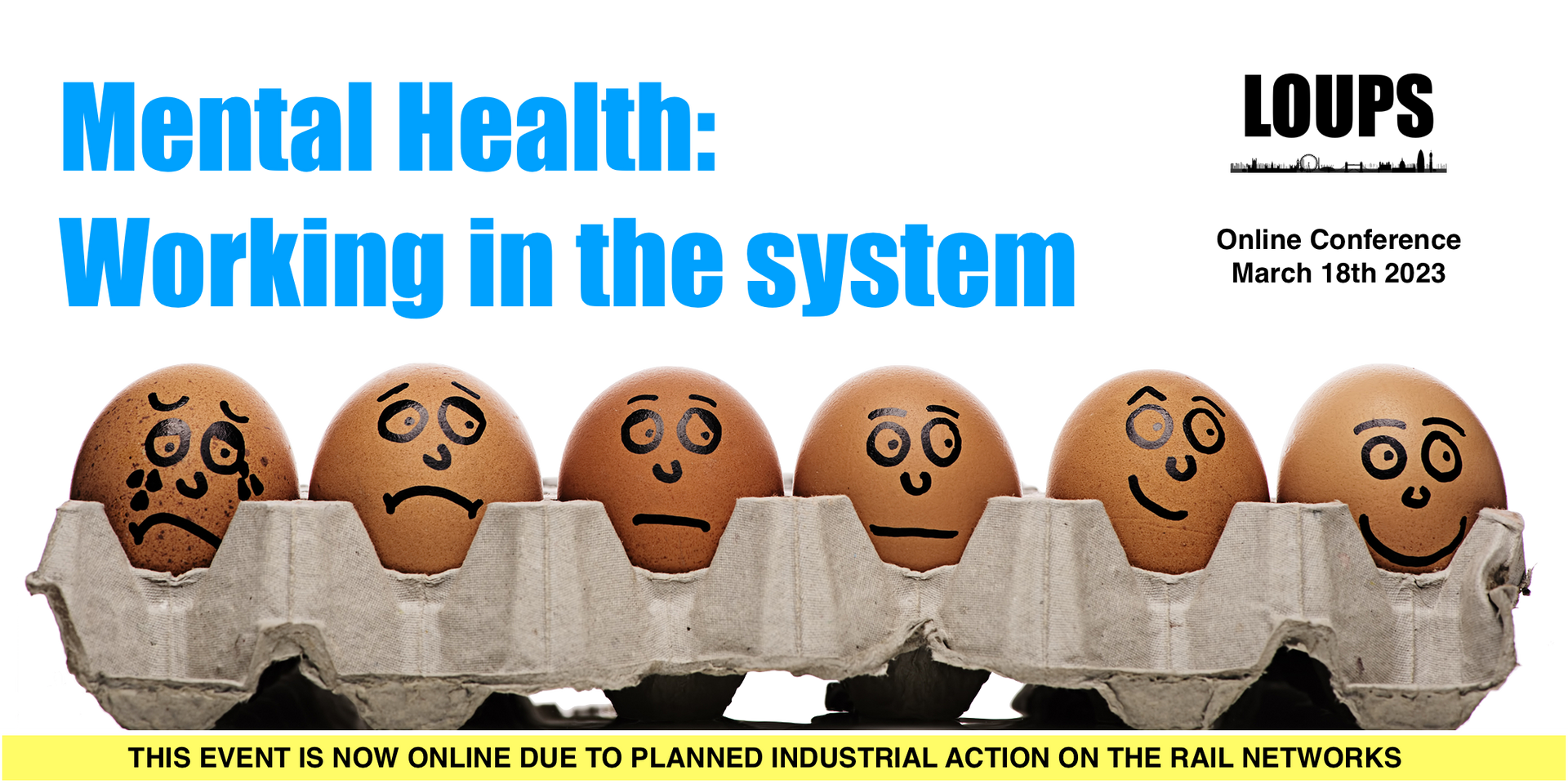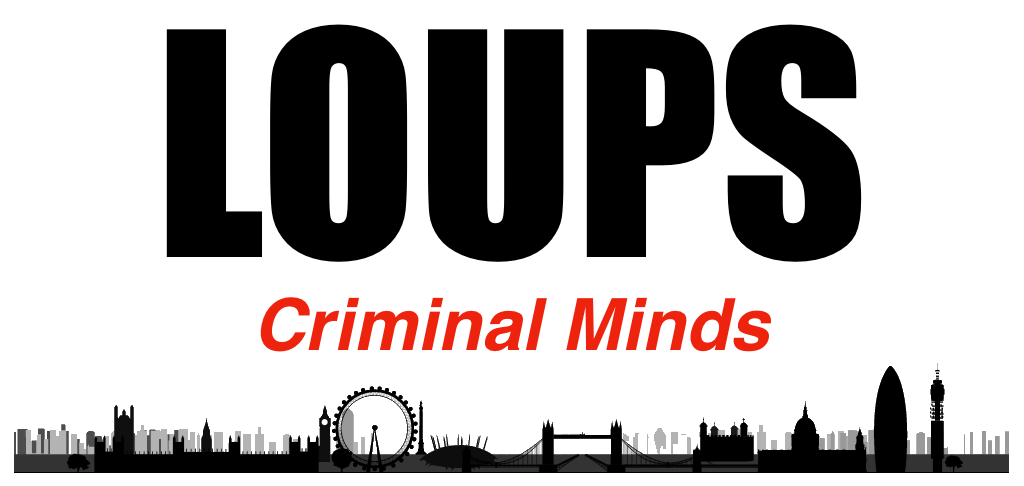OUPS Graham Mitchell Memorial Lecture 2020 - 'What is a human?'
Talk by Professor Frederick Toates
Each year at our OUPS May weekend we present an evening talk in memory of Graham Mitchell, a very popular OU and OUPS tutor and an academic at the University of Northampton, whose life was tragically cut short following a fall at his home. In light of the coronavirus pandemic, we held the 2020 talk as a free virtual event, and were delighted to have over 120 attendees. The title of the talk was "What is a human being?", presented by Professor Frederick Toates (The Open University), and the talk was followed by a lively and entertaining Q&A session (not on the recording), which lasted almost as long as the talk itself !
We would like to thank OUSA and the OU for enabling us to hold this event by providing access to the online facilities, and to thank Clara for contributing this review of the event, which is followed by a recording of the talk.
The Graham Mitchell Memorial Lecture takes place on the Saturday night of the Warwick May Weekend. 2020's weekend was inevitably cancelled owing to the Covid-19 pandemic however, OUPS is nothing if not adaptive. Adobe Connect enabled Professor Fred Toates to deliver the lecture from home to a rapt audience. The chat box allowed attendees to share memories of Graham Mitchell, their choice of lecture tipple and the strategic playing of loud music to modify noisy neighbour behaviour. As dynamic as us being in the room together! The topic of the lecture was, What Makes a Human? Such a profound, existential question could be spoken about ad infinitum and every attendee will experience the lecture in personal ways. Memorable elements I took away that contribute to the making of a human are love, chaos and despair, the enduring significance of Skinner, and, hope.
Humans have a fundamental need to belong represented by the formation of interpersonal attachments. Love and bonding of a person to others serves an evolutionary purpose as survival depended on being among others. The contemporary environment is considerably different causing an evolutionary mismatch. Fred referenced the work of Veissiēre and Stendel, who studied the hypernatural monitoring of smartphone addiction and social media. These phenomena may be modern however, the motivation reflects a desire to be 'seen, heard and thought about', or, as Fred said, not being talked about is worse than being gossiped about. Empathy is a dimension of belonging with a neural basis because seeing someone in pain triggers the pain region in the brain of the observer, although the extent of this is conditional. What makes a human? Love, belonging, attachment and empathy go some way to answering that question and are demonstrated by the consequences of not belonging.
Aside from being a gifted orator, Fred has a talent for selecting quotes, such as, the chaos and despair quote by Seligman and Csikszentmihalyi about the choices facing Americans at the turn of the millennium. In their article introducing positive psychology, Seligman and Csikszentmihalyi stated that if Americans were to ignore the needs of people, there would be an increase in alienation between the affluent and the less so that would lead 'eventually to chaos and despair'. Chaos and despair is certainly an element of being a human [particularly given the current unrest at the time of writing: June 2020]. Fred touched upon mass murders in America that demonstrate the potential impact of alienation. Mass killers tend to be males who are ostracised from social groups; stereotypical loners, such as the Columbine shooters. Robert Ressler was an agent in the FBI Behavioural Sciences Unit who interviewed dozens of serial killers in order to understand the psychology behind them to aid in the apprehension of future serial killers. Ressler told Fred a chilling story about having been in an interview room alone with Edmund Kemper who said "I could snap your neck as if you are an old chicken and throw you on the ground". Despite killers being portrayed in the media as inhuman, studying them gives insight into what makes a human; chaos and despair included.
Once described as the most dangerous man in America following the publication of his book, Beyond Freedom and Dignity, Skinner has an enduring relevance in psychology despite being much maligned. Fred shared an eerily prophetic idea of Skinner's in which he had alluded to a violent and chaotic environment where people were unable to face themselves if they did not change their behaviour. Skinnerian ideas of reinforcement are also seen in Biglan's nurture effect theory which believes prosocial behaviours can provide a solution to many of the problems in society, but it requires such behaviours to be taught, promoted and, crucially, reinforced. Religious practices involve the resisting of temptation but succumbing is immediately reinforced whereas the consequences are delayed: people can self-license their sin through comparative justification, plus rules are typically ineffective. Fred gave an example of the Ten Commandments, of which eight are what not to do representing a Skinnerian concern because they are context-specific. Rules, cultural values and prosocial behaviour are all part of being a human if they are reinforced meaningfully. Skinner was ahead of his time and relevant long after his passing.
The lecture had covered some difficult elements of what makes a human but ended with hope; specifically Hope, Arkansas. Bill Clinton infamously spoke of his humble beginnings in Hope in a rousing speech which cleverly appealed to the emotions of the American people by vowing to 'bring hope back to the American dream'. Feeling hope also links to love and despair because the former suggests possession while the latter indicates its absence. Experiencing hope is part of the mix that makes a human and, in these Covid-19 times of unpredictability and fear, is needed more than ever.
So, "What makes a human?" Fred drew upon a diverse range of examples from religious texts to interviews with serial killers. The importance of love and attachment resonated throughout the lecture, such as in the evolutionary need for social bonds. A lack of interpersonal relationships has been found in the personal histories of murderers, with the ensuing alienation leading to chaos and despair. Chaos was prophesised by both Seligman and Csikszentmihalyi, and Skinner as a potential outcome depending on how society behaves. Skinner's work is useful in considering what makes a human, especially in terms of reinforcement. Finally, there is hope. Hope can be politicised, but it is nonetheless a powerful component that makes a human.
Fred's lecture was insightful and thought-provoking. The recording is available below and is well worth watching if you missed it because, not only was it brilliant, it will resonate differently for everyone.
Thanks to Fred and OUPS for another wonderful lecture.
